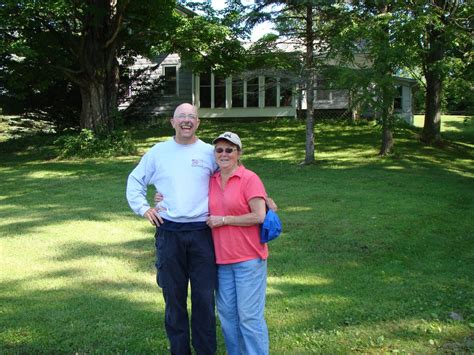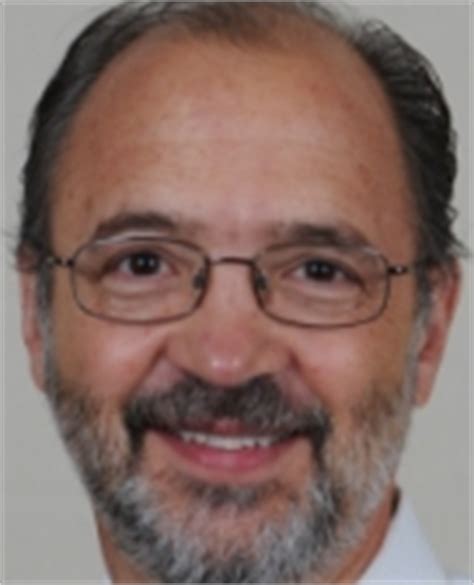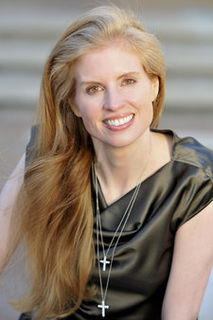A Quote by Tom Stoppard
The causes we know everything about depend on causes we know very little about, which depend on causes we know absolutely nothing about.
Quote Topics
Related Quotes
Since the fabric of the universe is most perfect and the work of a most wise Creator, nothing at all takes place in the universe in which some rule of maximum or minimum does not appear ... there is absolutely no doubt that every affect in the universe can be explained satisfactorily from final causes, by the aid of the method of maxima and minima, as it can be from the effective causes themselves ... Of course, when the effective causes are too obscure, but the final causes are readily ascertained, the problem is commonly solved by the indirect method.
We know about as much about software quality problems as they knew about the Black Plague in the 1600s. We've seen the victims' agonies and helped burn the corpses. We don't know what causes it; we don't really know if there is only one disease. We just suffer - and keep pouring our sewage into our water supply.
Causes do matter. And the world is changed by people who care deeply about causes - about things that matter. We don't have to be particularly smart or talented. We don't need a lot of money or education. All we really need is to be passionate about something important; something bigger than ourselves. And it's that commitment to a worthwhile cause that changes the world.



































